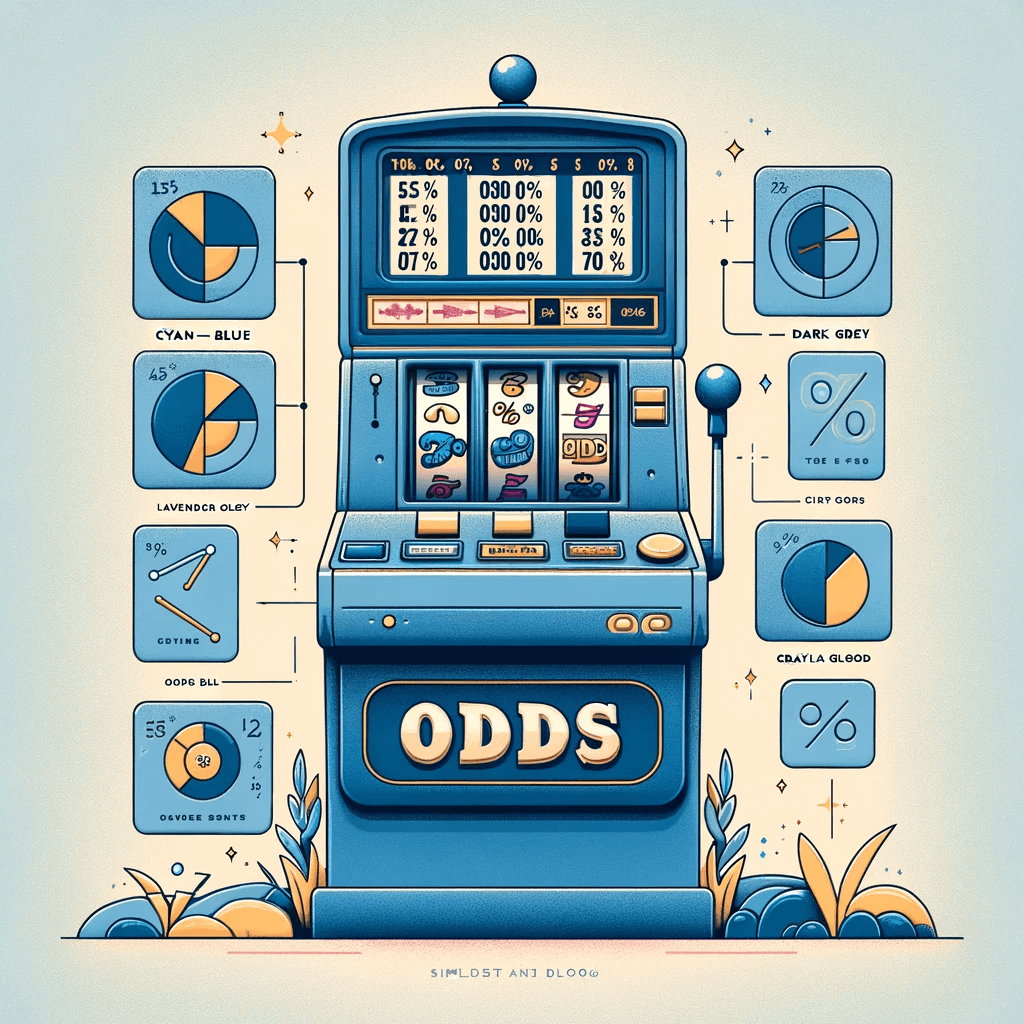BD Help Zone
Your go-to source for insightful news and information.
Game On: The Secret Life of Player Payout Mechanisms
Unlock the mysteries of player payout mechanisms in gaming! Discover how payouts work and what makes them irresistible. Game on!
Understanding the Psychology Behind Player Payout Mechanisms in Gaming
The psychology behind player payout mechanisms in gaming plays a crucial role in shaping the overall player experience. By understanding how these systems influence player behavior, game developers can create more engaging and rewarding environments. For instance, mechanisms such as random rewards and variable payouts tap into players' emotions, creating a sense of anticipation and excitement. This is often compared to the gambling effect, where players are more likely to engage deeply with a game, hoping for that next big win. By integrating such mechanisms thoughtfully, developers not only enhance player retention but also encourage repeated interactions with their games.
Moreover, the use of player feedback systems can be pivotal in refining payout structures. Developers can analyze player responses to various payout scenarios and adjust the gaming mechanics accordingly. Implementing progression systems that reward players incrementally or offer tiered rewards can significantly boost satisfaction levels. For example, allowing players to see their progress towards a payout can create a sense of accomplishment, thereby fostering a deeper emotional investment in the game. Ultimately, understanding the psychology behind these payout mechanisms can lead to the development of games that not only cater to entertainment but also to players' intrinsic motivations.

Counter-Strike is a popular first-person shooter game that pits two teams against each other: Terrorists and Counter-Terrorists. Players can use a variety of weapons and tactics to achieve objectives, such as planting or defusing bombs. For those looking to enhance their gaming experience, applying a cloudbet promo code can provide exciting bonuses and rewards.
How Do Player Payout Systems Impact Game Engagement?
Player payout systems are a crucial component of modern gaming, influencing not only the engagement levels among players but also the overall success of a game. By offering rewards that align with player motivations, developers can enhance the gaming experience and encourage longer play sessions. For instance, games that implement fair and transparent payout systems often see an increase in player retention, as players feel valued and recognized for their efforts. This leads to a positive feedback loop where engagement breeds further investment in the game.
Moreover, the design of payout systems can foster a sense of community among players. When players feel they have the potential to win significantly, they are more likely to share their experiences and strategies within their social circles. This organic promotion not only drives new players to the game but also enhances the social engagement aspect, as players become more invested in their in-game performance. Thus, the structure of payout systems plays a pivotal role in determining how engaged players remain and how they interact with one another, ultimately shaping the entire gaming ecosystem.
The Evolution of Player Rewards: From Classic Arcade to Modern Gaming
The concept of player rewards has undergone a significant transformation since the early days of classic arcade gaming. In the 1980s, players were motivated by the simple yet compelling mechanics of earning high scores and physical tokens, which could be exchanged for prizes. Titles like Pac-Man and Donkey Kong set the foundation for competition by allowing players to track their scores on leaderboards. This era defined reward systems that were immediate and tangible, fostering a communal experience in arcades where players celebrated their achievements with friends.
As video game technology advanced, the introduction of modern gaming and online multiplayer experiences has led to a more complex evolution of player rewards. Today, developers incorporate intricate systems such as achievements, virtual currency, and seasonal events to enhance player engagement. For example, games like Fortnite and Destiny 2 utilize battle passes and in-game challenges that offer continuous rewards, encouraging players to invest time and improve their skills. This shift not only amplifies motivation but also builds stronger communities, illustrating how far the concept of player rewards has come since its arcade roots.